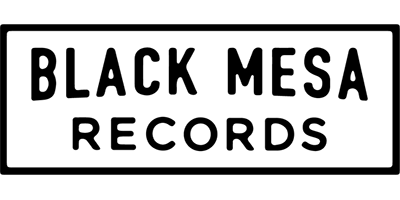
Review: Tim Easton Opens Up
Tim Easton/You Don’t Really Know Me/Black Mesa Records
Four Out of Five Stars
The term singer/songwriter has become something of a cliche over the years, a loose, nondescript handle to describe an artist that writes his or her own material and sings them, often single-handedly. It evolved out of an age-old tradition, with performers such as James Taylor, Joni Mitchell, Carole King, and Jackson Browne giving it the standard definition that’s become the norm in the decades since.
In reality, the description is uncommonly broad and ill-defined. It doesn’t reflect any particular genre or allow for any sort of distinctive difference. After all, most musicians who shun covers tend to pen their own songs, and, by necessity, give voice to them as well.
On the other hand, an artist like Tim Easton is able to reclaim the definition. He does so in the true spirit of tradition—that is, by relaying songs that reflect his experience, emotions, and dedication to form. He’s remained faithful to that pursuit for approximately 25 years, over the course of which he’s released ten albums to continuing acclaim. Granted, he’s yet to make a definitive mark in the mainstream, but it’s not for lack of quality or perseverance.
That said, Easton’s new album, the ubiquitously titled You Don’t Really Know Me seems like something of a paradox. Yet, given the fact that it was recorded in the aftermath of a particularly difficult time in his life—the pandemic, a broken marriage, a struggle with personal vices, and a dysfunctional mindset given to self-gratification—it’s revealing in ways that capture the innate perspective that all great singer/songwriters manage to relate and subsequently share with others.
I’m ahead of my time and behind the times at the same time, Easton declares on “Peace of Mind.” Nobody wants to wake up angry, nobody wants to go to bed insane.
Other songs elaborate on a similar theme, and, in the process, reflect Easton’s own attempt to find some stability, trading redemption for remorse, while allowing for reconciliation, possibility, and purpose to intercede. The melodies that underscore these emotions take on a conciliatory tone, one that’s easy on the ear and soothing in the set-up. A rugged yet resilient “Running Down Your Soul,” the mellow, meandering “Anchor” and the equally assuring “Voices on the Radio,” along with the assertive title track, reflect the emotional commitment Easton’s shared in these songs. That said, the track that’s certain to find the most consistent connection is “Festival Song,” a rallying cry for hope and happiness borne from a communal musical experience. A re-recording of a number originally previewed on Since 1996, Volume 1 (2011), it resonates with added emphasis given the overwhelming isolation experienced during the pandemic.
That, then, is one more example of Easton’s ability to turn his own sentiment into universal expression. With You Don’t Really Know Me we get to know him, and in so doing, find understanding within ourselves.
